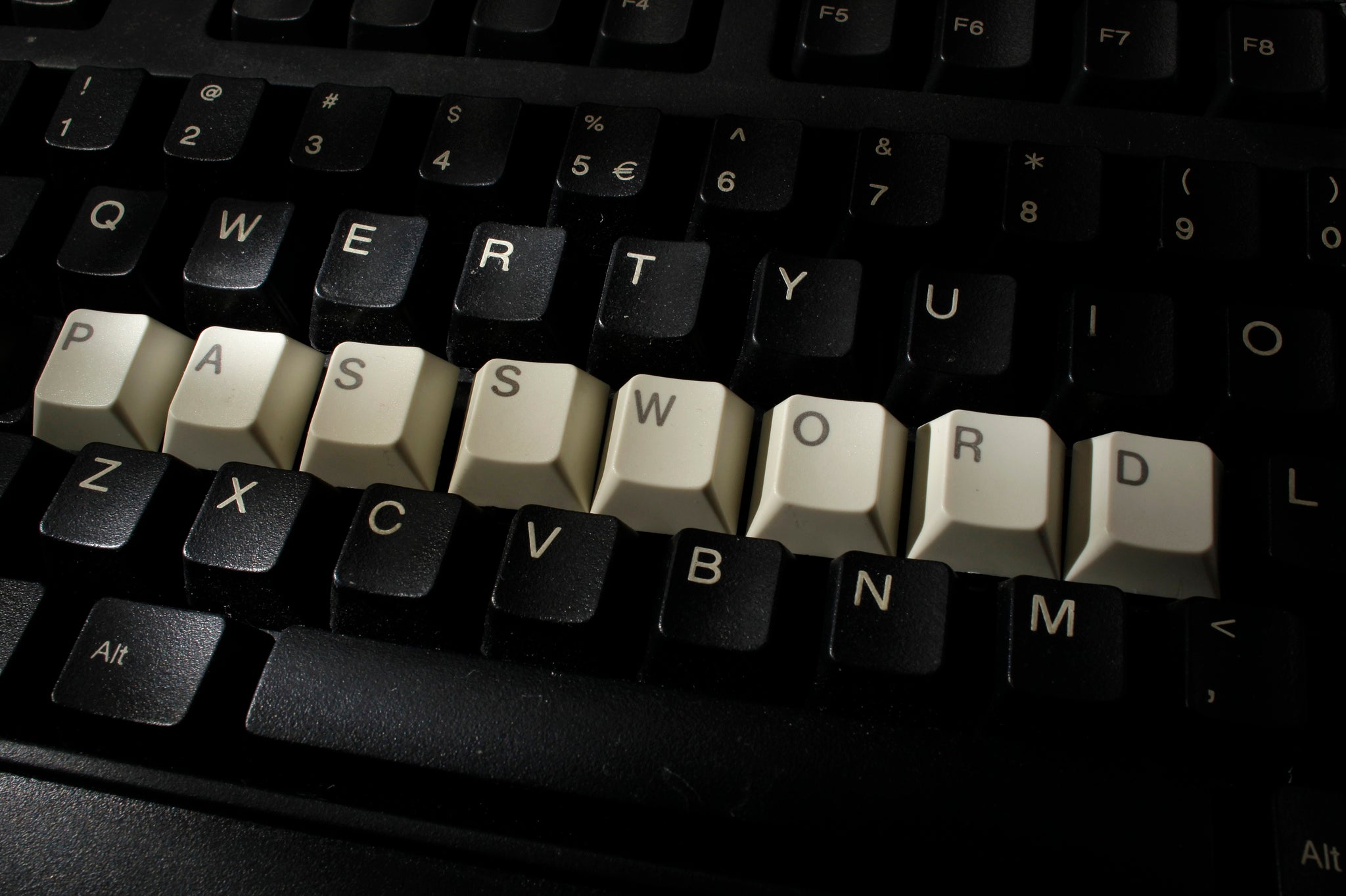It may be the last thing you think about, but your heirs need your passwords
A huge number of locked, inactive accounts must be lurking inaccessibly online

Passwords have existed since ancient times: Roman soldiers used a complex system of password exchange to distribute messages from one wing of the army to all the others. It was an efficient way of making sure you shared information with friends, not foes. But modern passwords no longer seem to be succeeding on either count.
Two brothers this week have found themselves unable to access their late mother’s iPad. Anthea Grant had security settings enabled, but died without giving the necessary passwords to her children, presumably because the cancer which killed her was a little distracting. Apple refused to divulge the information without Mrs Grant’s written consent, and on learning that she was dead, proposed a simple alternative: a copy of her death certificate, a copy of her will, a solicitor’s letter and, finally, a court order.
Considering that the dinner ladies working in the NSA canteen can almost certainly check out Mrs Grant’s email history and her highest score on Angry Birds, this seems like an unnecessary level of protection. And it doesn’t require an enormous leap of empathy to see that perhaps someone dealing with the death of a parent has more important things to do than trying to unlock an iPad.
It makes me wonder how many locked, inactive accounts must be lurking inaccessibly online. Insurers tell us that we should make sure there’s a note of our accounts and passwords in our wills, but I don’t know anyone who’s ever done so. How would you remember to update the list if you had to change passwords? Most of us don’t spend every day wondering how our loved ones will deal with the administrative fallout of our deaths. And those who do could use a walk in the sunshine and a bun to raise their spirits.
How many passwords do you think you have in total? There are important ones for internet banking, phone and utility bills. Then there are passwords for online shops which hold our credit card details – certainly no one wants those to be hacked. And then there are the endless passwords for places which really don’t require them – websites you’ll use once, but which require you to register nonetheless.
And, of course, the sites which operate under the mistaken belief that their content is enormously important and potentially hackable. I value a good knitting pattern more than most, but I still don’t think I need a secure account to access them. If someone wants a pattern that badly, I think we should just agree as a society that their need is greater than mine. Similarly, I have to log into secure sites to access television programmes to review. The level of security is all too often inversely proportionate to the quality of the work.
It is fair to say that I can remember, at most, 10 of these passwords. The rest of the time I simply click on the Forgotten Password button, and the company bungs it over to my email. If that were always possible, I can’t help but think that I probably didn’t need the password in the first place. And surely the companies in question don’t want their databases clogged up with vast quantities of moribund accounts.
But in that case, they need to make it easier for us to close accounts when we don’t want them any more, or when someone dies. It’s not unreasonable to require documentary evidence, but shouldn’t a death certificate be sufficient to prove a death? Demanding a court order to protect privacy is a bit rich coming from Apple, a company which had to patch its software last week, because a glitch left accounts vulnerable if used on unsecured Wi-Fi. The problem had gone unnoticed by the company for several months. If Apple is so concerned about the privacy of its dead customers, why doesn’t it extend that protection to the living?
Cafés are not ideal for furry friends
On the subject of wills, a new survey has revealed that pets are the least popular bequests: 41 per cent of us would rather not be left an animal in someone’s will. This suggests to me that the 59 per cent majority of us would like nothing more than the chance to acquire a free dog, cat or budgerigar. We really are a nation of animal lovers. But for those of us who don’t have the space for a pet, there is a strange alternative in London: a cat café.
Despite concerns from the Cats Protection charity, the café is booked solidly for the next two months. Londoners, it seems, are in need of a furry friend or two. I wonder if some of these cat fans couldn’t volunteer for a few hours at a local animal sanctuary instead. They have cats to stroke and tea to drink, and they can usually use some extra help.
Natalie Haynes is the author of ‘ The Amber Fury’, out now
Join our commenting forum
Join thought-provoking conversations, follow other Independent readers and see their replies
Comments